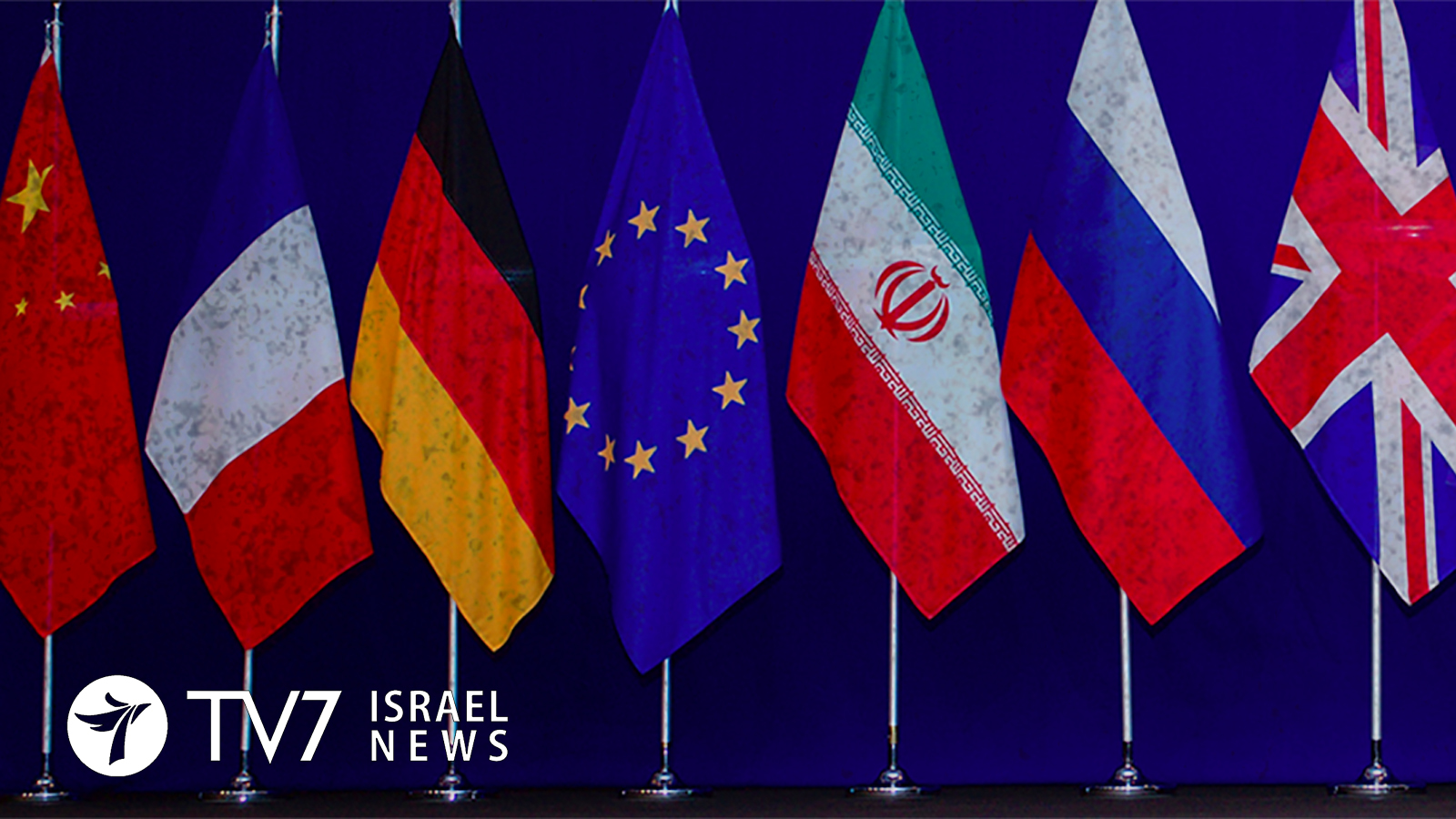Representatives of the P4+1 countries met in Vienna with Iran in last-ditch efforts to salvage the 2015 Joint Comprehensive Plan of Action (JCPOA) nuclear agreement.
The P4+1 — Russia, China, France, Britain and Germany –sought to bridge major gaps with the Islamic Republic, which abandoned its nuclear commitments under the multilateral agreement.
Even though Paris, Berlin and London have formally accused Tehran of nuclear-related violations that could trigger the immediate “snapback” of crippling sanctions, Beijing maintained the “dispute resolution mechanism is not an answer at this stage.” In what was widely viewed as an attempt to avoid angering the Islamic Republic, the Director-General of China’s Foreign Ministry Department of Disarmament and Arms Control, Fu Cong, said “the participants here all agree that it is not to be included in the agenda.”
Mr. Cong further noted that “Participants here are all racing against the time to work out the specific solutions so as to safeguard the JCPOA, so as to ensure that not only Iran, but also other partners, all will embark on the process of implementation of JCPOA.” He stopped short of acknowledging that other than repeated ‘declarations of commitment,’ none of the relevant parties has abided by the deal since the United States withdrew from the deal on 18 May 2018.
Even though France, Britain and Germany have gone to extensive lengths to avert the reimposition of sanctions on the Ayatollah regime, inability to breach U.S. sanctions on concern of dire penalties limited progress in Vienna. Iran’s representative, Foreign Ministry Political Deputy Abbas Araghchi, nevertheless asserted that “We are open to any initiative which can ensure Iran’s dividends of the JCPOA; and we are fully prepared to reverse the steps we have taken so far, in return for the fulfillment of the other sides commitments in the JCPOA.”
